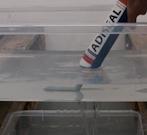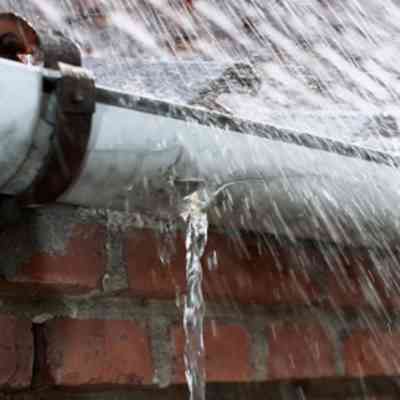External Waterproof Sealant
External Waterproof Sealant: Protecting from the Elements
When it comes to safeguarding your exterior surfaces from moisture and weather damage, choosing the right external waterproof sealant is crucial. The sealant forms a protective barrier that prevents water infiltration, ensuring the longevity and integrity of your outdoor structures. In this article, we will explore the features, benefits, and applications of external waterproof sealant, providing you with valuable insights to make informed decisions for your waterproofing projects.

Benefits of External Waterproof Sealant
Reliable Protection Against Water Damage
– They offer several key benefits for your exterior surfaces:
– Prevents water penetration and moisture-related issues
– Protects against mold, mildew, and rot
– Preserves the appearance and structural integrity of surfaces
– Enhances the lifespan of outdoor structures
Applications of External Waterproof Sealant
Versatile Waterproofing Solutions
– They are used in applications in various outdoor projects, including:
– Gutters, roof sealing and repairs
– Exterior walls and facades
– Decks, patios, and balconies
– Concrete driveways and walkways

Key Features of External Waterproof Sealant
Performance and Durability
1. Water Resistance:
– They are specifically formulated to create a barrier that repels water, preventing it from seeping into the surface and causing damage.
2. Flexibility:
– These sealants possess excellent flexibility, allowing them to accommodate the natural expansion and contraction of materials due to temperature variations without compromising the seal.
3. UV Resistance:
– High-quality sealants are resistant to UV rays, ensuring that prolonged sun exposure doesn’t degrade the sealant’s performance or appearance over time.
Choosing the Right External Waterproof Sealant
Considerations for Selection
– Surface Compatibility: Ensure the sealant is suitable for the specific surface material, such as concrete, wood, or masonry, to achieve optimal adhesion and protection.
– Application Method: Consider the preferred application method, whether it’s brushing, rolling, or spraying, and choose a sealant that offers ease of application and coverage.
– Longevity and Warranty: Look for sealants that provide a long-lasting protective barrier and come with a warranty, giving you peace of mind and confidence in their performance.
Conclusion
External waterproof sealant is a vital solution for protecting your exterior surfaces from water damage, extending their lifespan and maintaining their aesthetic appeal. By creating a robust barrier against moisture, these sealants offer reliable protection against mold, mildew, and structural deterioration. When selecting a sealant, consider surface compatibility, application method, and the longevity of the product. With the right sealant, you can ensure the durability and resilience of your outdoor structures, allowing them to withstand the elements for years to come.